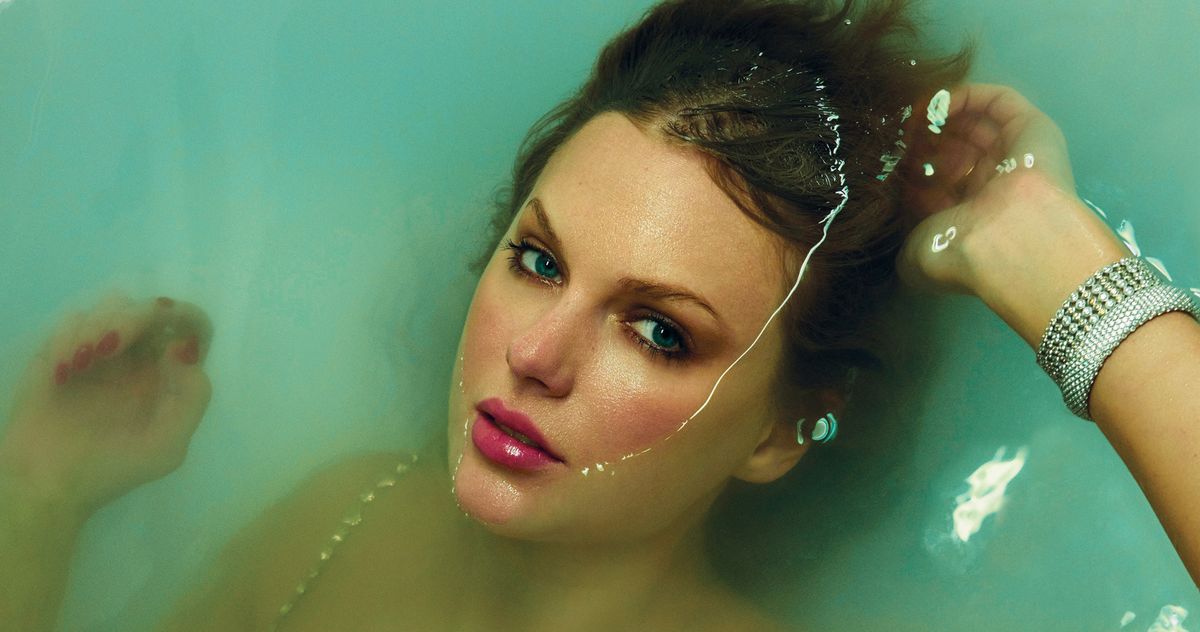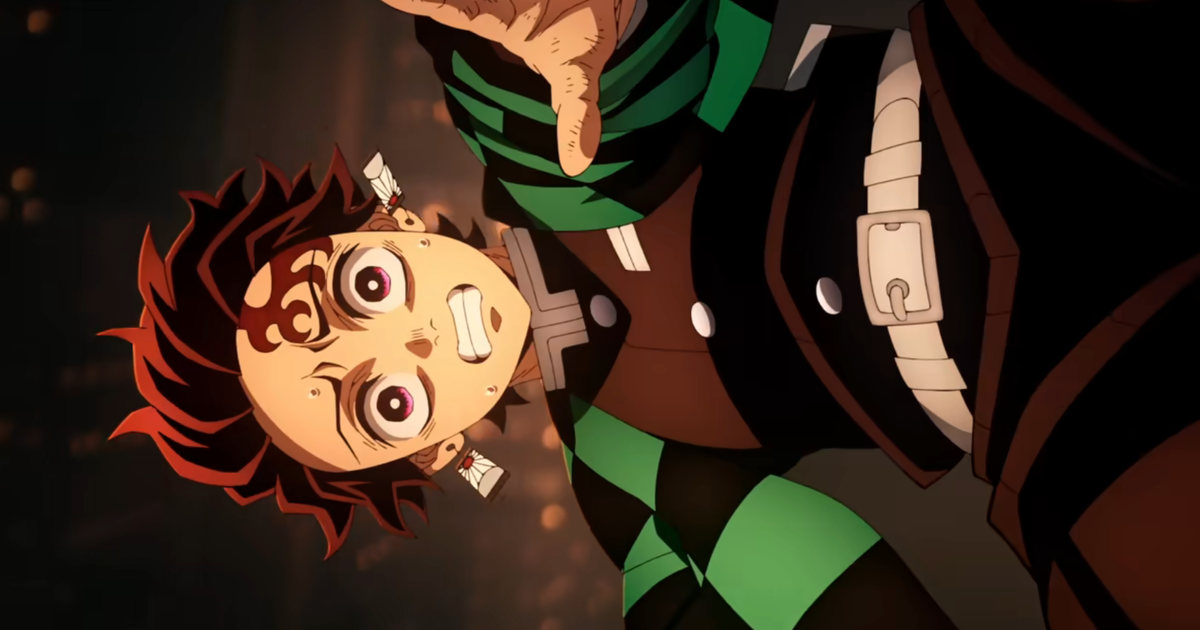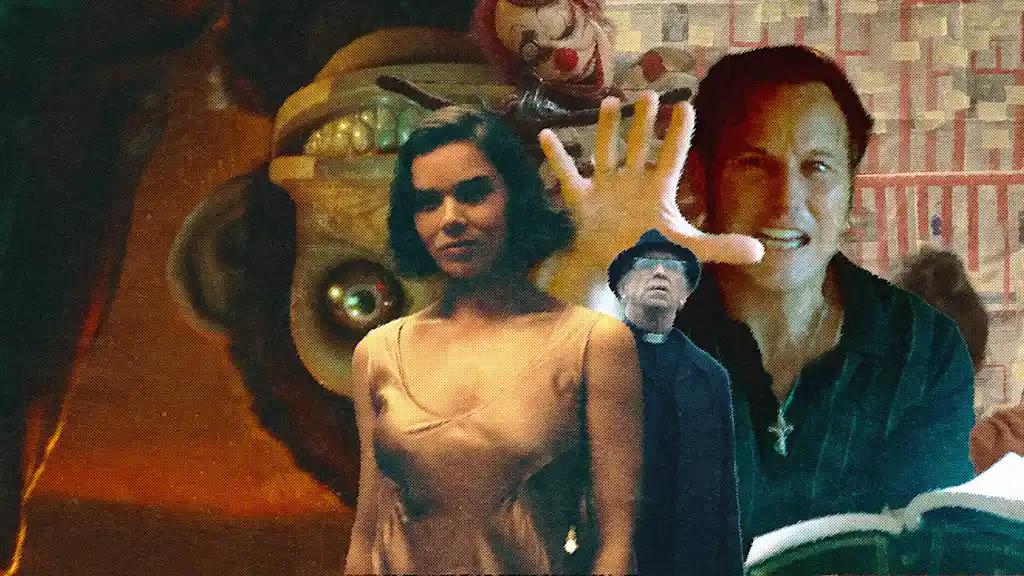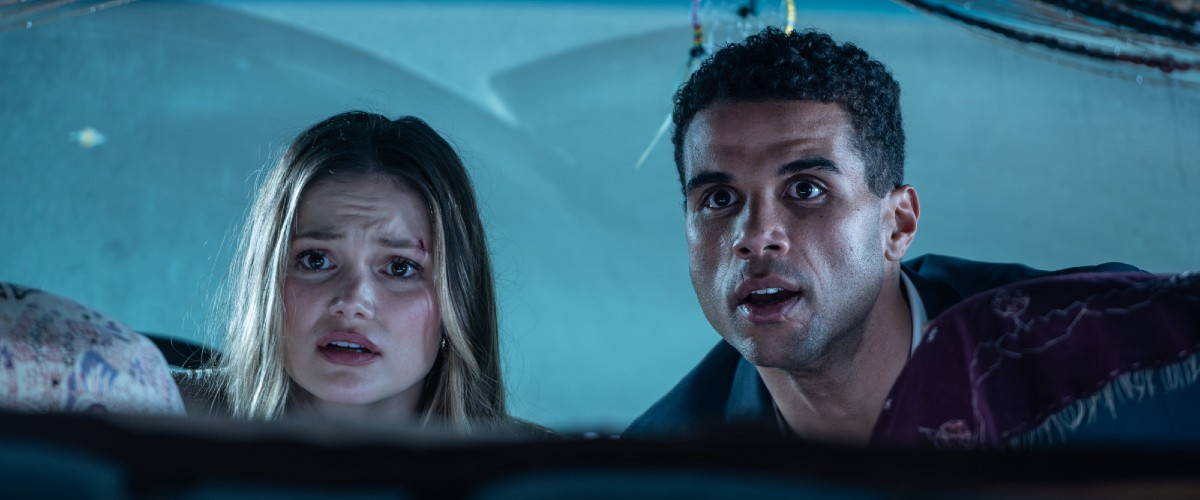fromwww.theguardian.com
1 week agoDown with the neo-puritans: I say a true Christian can watch horror films and Emmerdale | Ravi Holy
I posted a rave review of the new Sam Raimi film, Send Help, the other day and triggered a debate I didn't expect: is it OK for Christians to watch horror films? Send Help a gore-laced plane-crash survival face-off, according to the Guardian review (which was less kind than mine) is more comedy-horror than horror, or maybe horror/thriller. But there's definitely horror there you get the point.
Film










